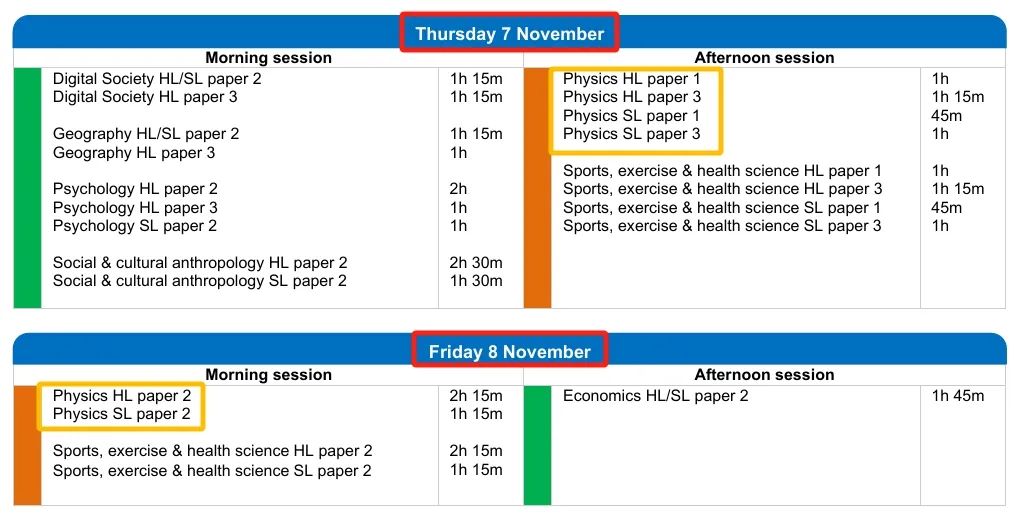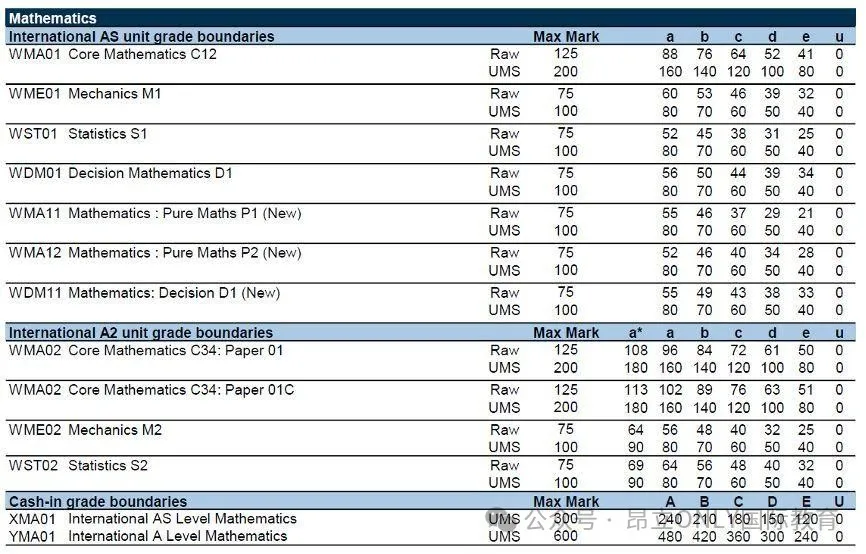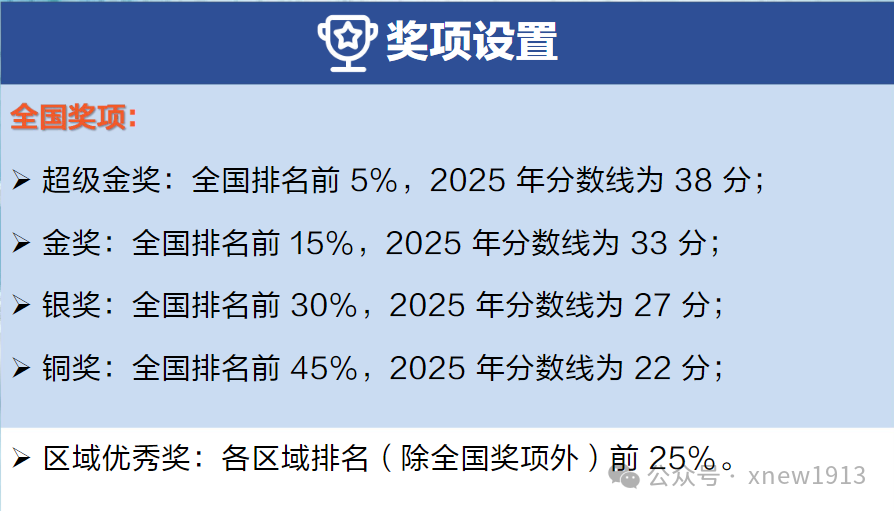GRE阅读看似短小精干,一篇文章才5句话,但却往往是许多同学在攻克GRE路上的拦路虎。同学们做题时都会有这样一种感觉:“老师,文章我都能看懂,就是做题不对。”实际上,大家所认为的“读懂”和GRE阅读中真正需要的“读懂”之间,往往还隔着一段不小的距离。
要想在做题时又快又准,对文章的理解绝不能仅停留在字面层面。这里讨论的“读懂”文章,不是指完全不认识单词的情况。其实GRE阅读中那些真正属于GRE难度的核心词汇数量并不多,一般托福有个105分的情况下,单词和单句理解没什么问题了。
在没有明显词汇障碍、基本能理解句子的情况下,很多同学就把这种水平的理解称作“读懂”了。其实关键在于,GRE阅读不仅考语言,还考逻辑;而GRE阅读的真正难点就在于逻辑,特别是句间关系和论证逻辑。
因此,如果理解只停留在单句层面,没有把握文章整体的句子关系、论点和论据的逻辑关系,往往就不算真正的“读懂”。在我们的课堂上,我们会特别讲解句间关系和论证逻辑。通过熟练掌握论点和论据的关系、各类题型的解题技巧和考点,再结合基本的语言理解,解决问题的效率将会大幅提高。
什么叫假读懂?什么叫真读懂?
我们用下面这篇文章和题目来示例说明。
注意:本题在第一次做的情况下,同学们的正确率是0。
对你没看错,这题在历史上几乎没有人第一次做就做对。
EXAMPLE
While avant-garde twentieth-century visual art is widely associated with artists revolutionary political aspirations, recent Anglo American musicologists accounts of avant-garde music tend to emphasize its disavowal of such concerns. Avant-garde composers’ subversion of musical conventions does not obviously challenge social hierarchy. Their pursuit of rarefied musical experimentation has effectively confined the music's appeal to an initiated elite. Yet the intense social involvement of many avant-garde musicians should not be obscured. For instance, composers associated with the 1950s Darmstadt school, sometimes seen as epitomizing the avant-garde’s narrow preoccupation with compositional technique devised musical responses to anti-imperialist struggles in Latin America and to the United States Civil Rights movement. And in some countries, totalitarian regimes efforts to suppress avant-garde techniques have made avant-garde music a symbol of resistance.
The author would be most likely to agree with which of the following claims about avant-garde music's“disavowal of such concerns”?
A) It has often been overemphasized by Anglo-American musicologists.
B) It is difficult to reconcile with avant-garde music's appeal to an initiated elite.
C) It was most clearly exhibited in the 1950s by composers associated with the Darmstadt school.
D) It was part of what underlay some twentieth-century avant-garde composers’ experiments with musical form.
E) It could be seen as undermining some musicologists’ tendency to contrast avant-garde music with avant-garde visual art.
假读懂:
字面观点汇总如下—
尽管20世纪的先锋派视觉艺术广泛被认为与艺术家的革命性政治抱负相关,但近来的英美音乐学者对于先锋派音乐的研究却倾向于强调它对这些政治关切的否定。先锋派作曲家对音乐传统的颠覆并未显著挑战社会等级结构。他们对精深的音乐实验的追求实际上将这种音乐的吸引力局限于少数有见识的精英群体。然而,许多先锋派音乐家与社会的密切互动不应被忽视。后面为例子,不读。
为什么说这样是假读懂?因为尽管每个单句的字面意思是完全正确的(当然啦这可是翻译机翻的),但是每句话之间的逻辑关系,光是看字面是联系不上的。
从字面来说,第一句当中的disavowal of such (political) concerns(否定政治相关性)和第二句的does not challenge social hierarchy(未挑战社会构架)是没有联系的;
同理 challenge social hierarchy(挑战社会构架)和第三句的initiated elite(有见识的精英群体)也没有明确的内部联系;
最后,initiated elite(有见识的精英群体)和转折后的social involvement should not be obscured(不应忽视社会参与度)也是一样。
如果同学们是这样去处理句间关系,得到的结果就是整篇文章的观点仿佛是一盘散沙,完全串不起来,这又如何能确保做对题呢?真正的读懂GRE,需要有意识地将字面不相关的信息通过合理脑补串联起来,从而补充句间关系得到逻辑流畅的结构。
如上文,我们必须将disavowal of such (political) concerns(否定政治相关性)和does not challenge social hierarchy(未挑战社会构架)联系起来—未挑战社会构架其实就是不参与政治的体现。想想太平天国运动,不就是底层challenge了上层,所以颠覆了政权吗?所以政治就是和社会构架相关的。
同理, not challenge social hierarchy(未挑战社会构架)也就等于confined to initiated elite,都只停留在上层了,不就是不同阶级之间分开,不挑战社会构架吗?
最后的转折,social involvement should not be obscured(不应忽视社会参与度),也就是把前面都反驳掉了—还是有social involvement,联系第一第二句,这就是依然avowal of political concerns的意思啊!
所以最终脑补结果的核心主题是,其实先锋音乐还是和政治抱负相关的。也就是本题答案是A,否定政治相关性其实被过分强调了。
如果没有以上脑补过程,很难将政治抱负和social involvement/elite等联系在一起,也就几乎不可能做对题。












